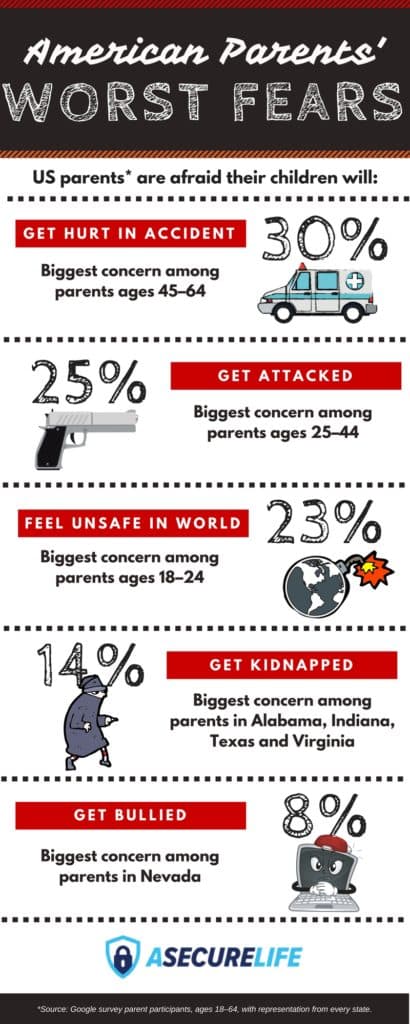Nearly Half of Young U.S. Adults Unlikely to Have Children Amid Escalating Parenthood Fears

Concern over the decision to have children is growing among young adults, with nearly half of those under 50 in the U.S. now indicating they are unlikely to ever have children, a 10 percentage point increase since 2018. This trend is exacerbated by widespread anxieties, as highlighted by social commentator Bobby Fijan, who stated in a recent tweet: > "It’s very understandable to be fearful of having kids. It’s a big unknown and there are many “horror” stories that bounce around the interweb."
Reasons for this apprehension are multifaceted, encompassing significant financial burdens, concerns about the state of the world, and the profound personal changes parenthood entails. Many young adults cite the high cost of raising a child, the mental and physical toll on parents, and the desire to prioritize careers or personal freedom as major deterrents. The Pew Research Center indicates that 47% of U.S. adults under 50 without children are unlikely to ever have them, with 57% of this group stating they "just don't want to."
Historically, societal structures provided more communal support for child-rearing. However, the shift towards isolated nuclear families has left many modern parents feeling overwhelmed and unsupported. Peggy O'Donnell Heffington, an instructional professor at the University of Chicago, notes that the nuclear family is "not only the most stressful way of raising children in the world, it is also the most unusual." This isolation contributes significantly to the perceived "horror stories" of parenthood.
Beyond personal anxieties, broader societal issues such as climate change and economic instability also weigh heavily on prospective parents. Experts suggest that declining fertility rates globally reflect a lack of confidence in the future, rather than a mere pursuit of hedonism. Unlike some European countries with supportive policies like paid parental leave and subsidized childcare, the U.S. often lacks the robust social safety nets that can alleviate parental stress and improve overall happiness.
In response to these challenges, Fijan proposes a return to more integrated community models: > "The solution is for young people to just be around other families with kids: Inter-generational communities & neighborhood." This suggestion aligns with historical family structures where multi-generational networks provided crucial support, sharing the responsibilities and joys of raising children. Such community-based approaches could help demystify parenthood and offer tangible support, fostering an environment where young adults feel more equipped and less fearful about starting families.